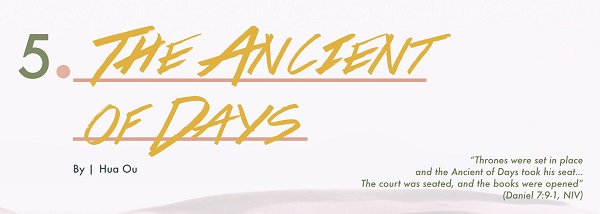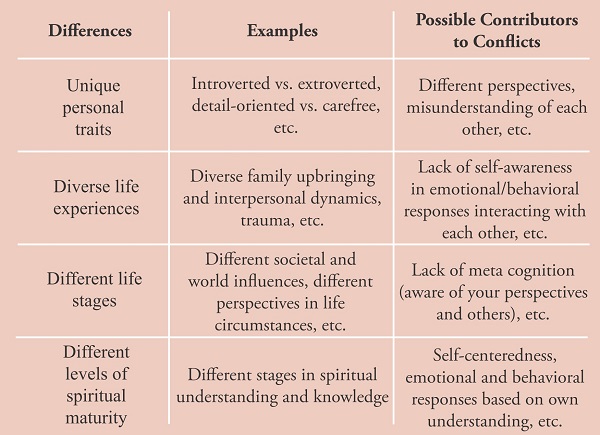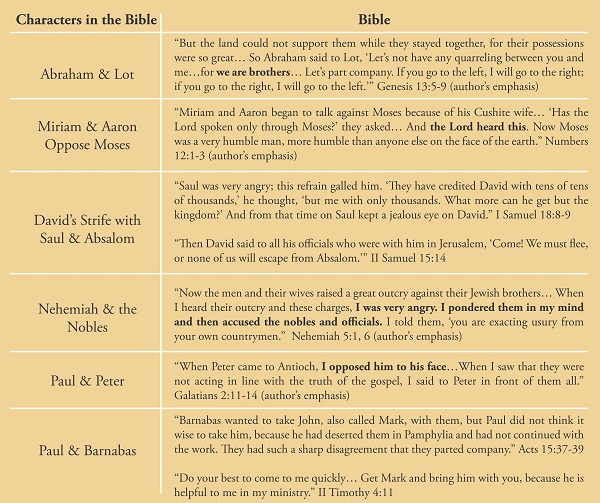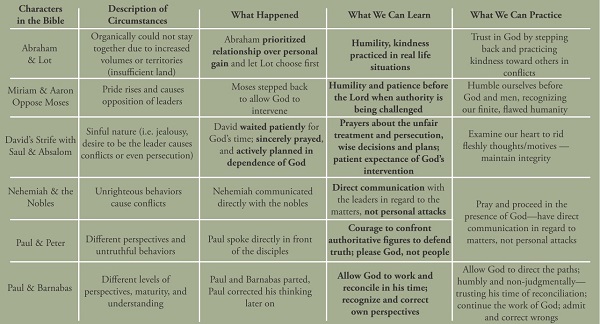The Ancient of Days
By Hua Ou

I. Lion King
“I LOVED the plot! When I was young, that was my favorite movie!” exclaimed my millennial client, her big brown eyes sparkling with total excitement, referring to the new Lion King movie. In the subsequent vivid discussion, my client described how she and her friends were mesmerized by the turbulent storylines of Disney movies. It seemed they encountered the twists and turns, ups and downs, good and evil that run through a lifetime in the movie scenes. It made us reminisce, wondering, do plotlines in literature and movies help children, in regular circumstances, develop or encapsulate the concept of conflicts in humanity?
Little children who peeked behind their favorite stuffed animals at age five at the struggles of Mufasa and Simba, Little Mermaid vs. Ursula… on the movie scenes, gradually and inevitably start to experience the real embodiment of incongruencies of all sorts in reality. From the most intimate relationships to different continents, from preschool classrooms to Supreme Courtrooms, from inside to out, from top to bottom—we observe, witness, and experience conflicts. And maybe most obviously, we create conflicts. And church is no exception.
II. People of the Promised Land
When Bible Study Fellowship had an in-depth study of “People of the Promised Land” from the Book of Joshua to II Kings this past year, many people were struck by the seemingly never-ending uproars of chaos—simply put, conflicts upon conflicts, throughout Israelite history. It was as if we were watching a gigantic historic movie with countless episodes and events consisting of people actively and extremely intricately involved with one another. We were freshly reminded that disagreements and divergences do happen everywhere, including among God’s people.
May we ponder that it is natural to have conflicts then? Yes, even in the church, and among Christ followers. Or may we carry it further that it is as a matter of fact unnatural to not have conflicts? If we reflect deeper—could it be possible to say that our unexpectation of conflicts in the church and among believers actually strengthens the formulation of the storms, some of which might be avoided or readier to resolve?
By the grace of God, I have been served and serving in his church since my baptism in 1992—for this my eternal praise goes to him! And it is his grace that allowed me to experience conflicts, divisions, turmoil, storms…in the church, from the last of which I continue to process, heal, learn, and grow. Looking back, I wonder if the realistic expectance of disagreements in the church might lead to a better, more clear-headed approach to conflict resolution. I recognize it is natural for conflicts to rise, even inevitable.
The imminent task hence is to face and prepare well for conflicts. How we view conflicts has immense effects on individuals, church, society, and our testimonies to our Lord and God. Conflicts can either catalyze and transform our devotion to God, or can cast confusion and doubt in our faith, and deter us from passionate witness of the gospel. I invite you, faithful followers of Christ, to join me to carefully consider conflicts and resolutions in reverence to him.
In the following pages, I categorize the learning into two charts: conflicts and approaches to conflict resolution. Personal observation and reflections are presented in regard to conflicts. Selected Biblical circumstances and characters from the Old Testament and New Testament are cited to help us investigate conflict resolution. By no means are either exhaustive lists or complete how-to guidelines. We are entering the journey of learning together. There will be reflective questions presented after each section. You are welcome to prayerfully dialogue with the content and jot down your thoughts or insights—and maybe a discussion panel or even a ministry in regard to church conflicts can emerge through our diverse experiences and enriched perspectives. Our God speaks to us through one another.
What about Conflicts?
- Conflicts may be natural, inevitable because by design we are different:

Reflection: What differences are there in my relationships? What are my experiences of conflicts among believers?
- Conflict sometimes derives from disagreements, but does not always equal disagreements:

Reflection: Which types of conflicts have I run into more often?
- What about conflict resolution? We might learn from biblical examples:
Conflict Resolution

Reflection: What response do I typically have to conflict? Where do my responses fit into this chart? What are my observations and thoughts regarding these stories? How is the Holy Spirit speaking to me regarding conflict in my own life?
III. The Ancient of Days
In the movie The Lion King, the raging streams of life brought the young lion king Simba to a swamp, utterly exhausted and disenchanted. On that very starry night, Simba encountered his father. Mufasa’s voice boomed across the vast, grand savanna:
“Simba, you’ve forgotten me…”
“No, I haven’t, father!”
“You have forgotten who you are, so forgotten me. Look inside yourself. You are more than you have become.”
“Father!”
“Remember who you are— you are my son, the one true king! Remember… Remember…”
While we reflect on, investigate, and examine conflicts among God’s people, we find the recurrent theme of stepping back (Abraham, Moses) and returning to the One who truly matters. The Alpha and Omega, the One who was, is, and will be—the Ancient of Days—who witnesses and fathoms all tumults throughout humanity and among his people. In the midst of disagreements, misunderstandings, heated emotions, hurts, confusion and turmoil in church conflicts, I reflect that the only true solace and peace come from the One who surpasses all time and space and understanding. He is the final Judge, and the only true Historian. All conflicts are in his hand. While we might feel consumed and overwhelmed by specific developments of episodes or events, we need to step back and look at the grand scheme of things. The Ancient of Days, the Great Maker, weaves in all our good intentions and efforts, mistakes… and produces splendid masterpieces in the end to his glory.
“Thrones were set in place, and the Ancient of Days took his seat…The court was seated, and the books were opened.” (Daniel 7:9, 10)
From the depth of our need, we look up and see the One who sees us. He is the One we need to remember to always turn to, entrust the conflict process to his hand, and depend on him for understanding, perseverance, hope, and love, in order to continue to do good. Micah 6:8 concludes our responsibilities well:
He has shown you, O man, what is good.
And what does the LORD require of you?
To act justly and to love mercy and to walk humbly with your God.


